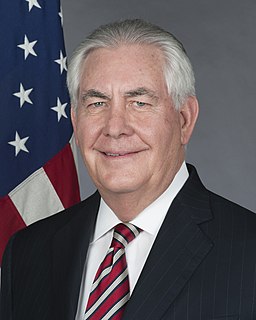A Quote by Joshua Landis
Kurds are going to have to strike a bargain with Bashar Assad that will keep them in the Syrian state and under some kind of Syrian authority, so that they can have the protection of international legitimacy and the Syrian army against the Turks. How they can bargain with Assad is unclear. What kind of negotiations they can come to, unclear. We will see whether they get something like the Kurds in Iraq, which is a large measure of autonomy, or something less than that. That will be one of the big negotiations to come out of this process.
Related Quotes
I do believe that the Kurds are in a difficult situation. They do have some American support. How consistent that will be is unclear. But they have built up a strong military, and they have begun to build the institutions of an autonomous life in Northern Syria. Turkey's enmity towards the Kurds and their desire to make sure there is no independent Kurdish state or even really autonomous enclave is going to push the Kurds into Bashar Assad's hands over time.
I think what we're hopeful is through this Syrian process, working with coalition members, working with the U.N., and in particular working through the Geneva process, that we can navigate a political outcome in which the Syrian people, in fact, will determine Bashar al-Assad's fate and his legitimacy.
I think we are making an assumption that that is the outcome of the negotiations. I think President Assad will be prepared to accept whatever the outcome of the intra-Syrian dialogue and the decision of the Syrian people is. But people are trying to decide and determine the outcome of the negotiation before even we agree to start the negotiations.
I always say the Syrian problem as isolated case, as Syrian case, is not very complicated. What makes it complicated is the interference from the outside, especially the Western interference because it's against the will of the Syrian government, while the intervention of the Russians, Iranians, and Hezbollah is because of the invitation of the Syrian government.

































